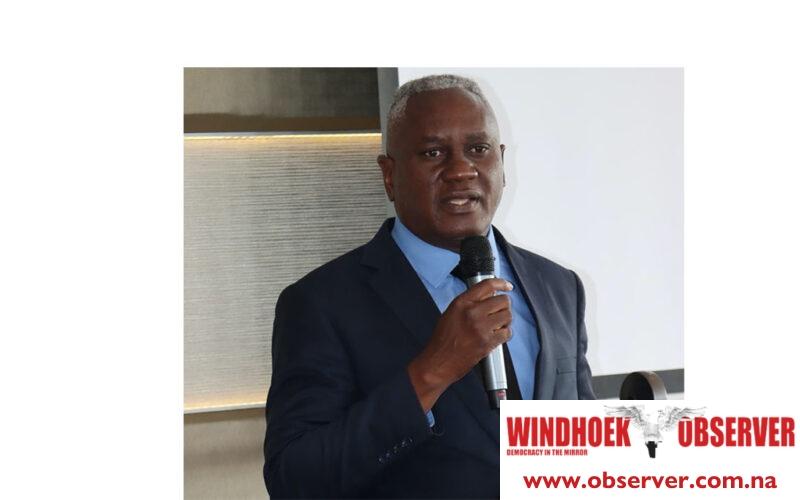Hertta-Maria Amutenja
The Ministry of Health and Social Services says it was forced to spend over N$54.8 million through emergency and direct procurement due to delays by the Central Procurement Board of Namibia (CPBN) in awarding tenders.
Health executive director Penda Ithindi told the Windhoek Observer that legal challenges and slow tender processes forced the ministry to use emergency, direct, and restricted procurement methods.
He said these steps, including requests for quotations, were necessary to prevent service interruptions.
The auditor general’s 2022/2023 report revealed that the ministry used emergency procurement worth N$19.2 million and direct procurement worth N$35.6 million.
The report found that these methods did not fully comply with the public procurement act of 2015.
Ithindi defended the ministry’s actions, saying it deals with life-saving services and cannot afford delays.
“The ministry is an entity that deals with emergency situations in the country,” he said.
Emergency procurement is triggered when hospitals or regional offices report urgent needs.
Requests are then reviewed and approved internally, including by the ministry’s procurement committee, in line with the procurement law.
One delay involved a court dispute over a major tender for antiretroviral (ARV) medication.
Ithindi said the ministry had to use emergency and direct procurement to ensure patients continued receiving treatment.
Last year, Africure Pharmaceuticals Namibia took the CPBN, along with the ministers of health and finance and several companies, to court over the ARV tender.
Africure, led by businessman Shapwa Kanyama, sought to stop the CPBN from signing contracts with other suppliers until its court challenge was resolved.
Africure had bid to supply 19 types of ARVs valued at N$342.7 million but was awarded a contract for only two items worth N$722,832.
The company claimed the decision was unfair and that it had not been treated equally compared to other local firms like FabuPharm, which received larger contracts.
Africure said it invested N$89 million in a local manufacturing plant and employed 38 Namibians.
The CPBN disputed this, saying Africure was a packer and importer, not a local manufacturer.
The CPBN also cited document discrepancies and warned that court delays could affect public access to essential ARVs.
Earlier this year, the ministry faced criticism over the emergency procurement of malaria medicine.
Member of Parliament Job Amupanda claimed the ministry paid N$1,500 per pack for 300 packs—three times the usual price.
Amupanda alleged that middlemen were profiting from inflated prices.
The ministry responded that four pharmaceutical suppliers were contacted, but only one, West Pharmaceuticals, could deliver within a week.
The other companies had longer lead times and quoted either higher or similar prices.
The ministry acknowledged that emergency procurement is not ideal but said it is sometimes necessary to maintain uninterrupted healthcare services.




